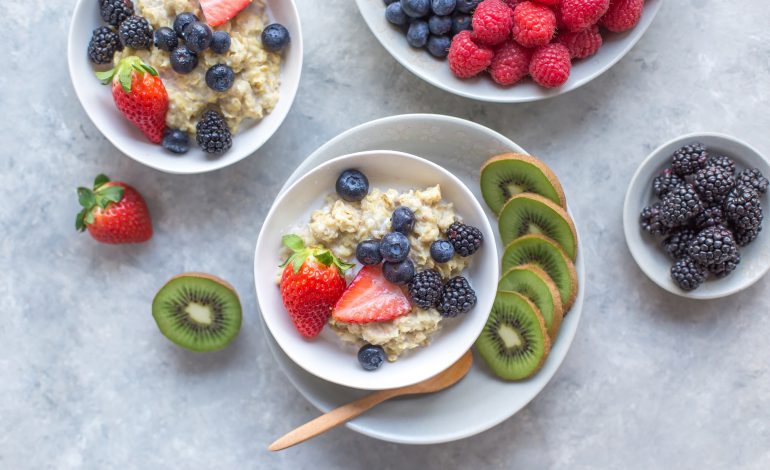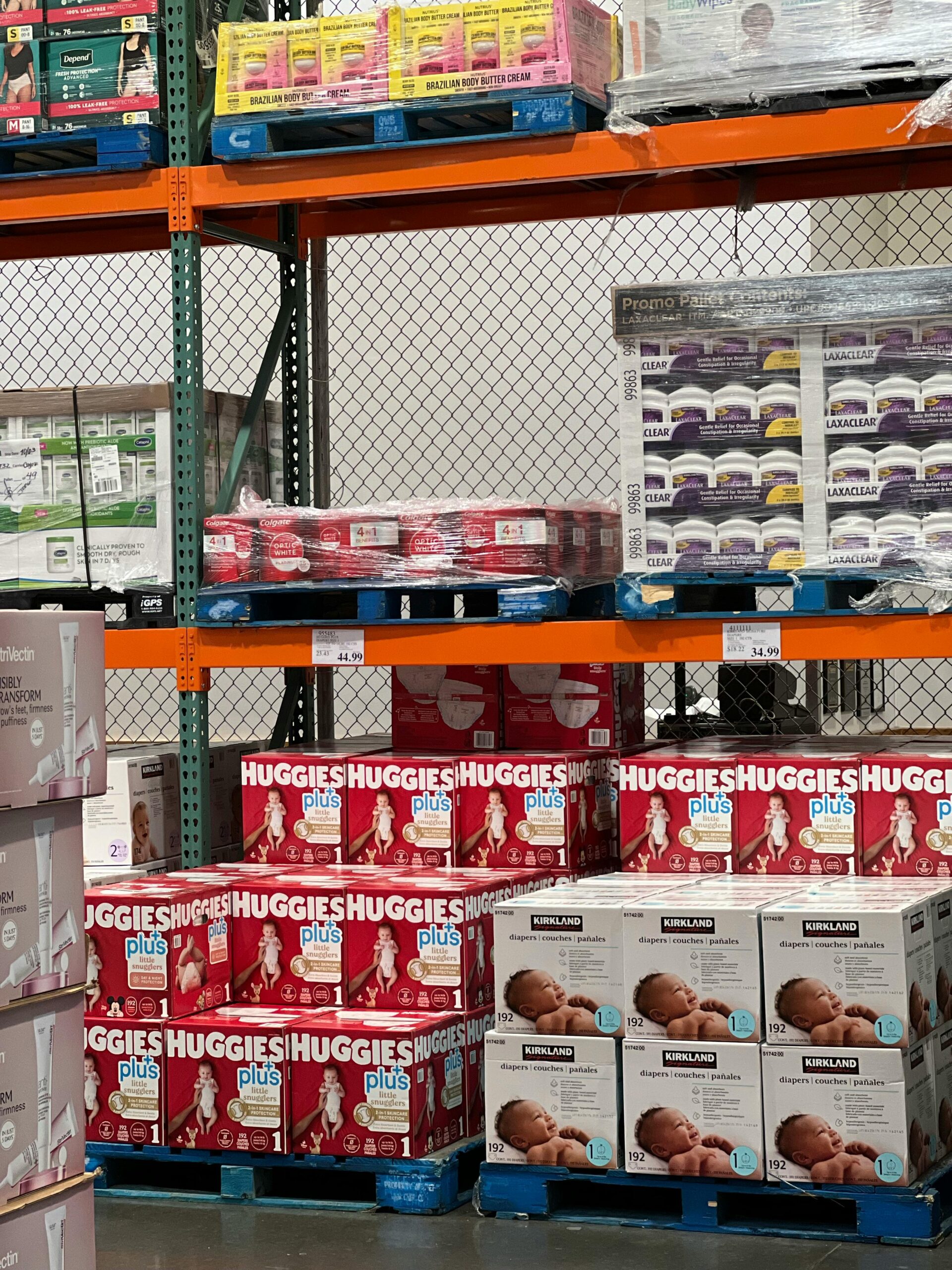8 foods you should consider feeding your toddler
A toddler needs about 1,000 calories, 700 mg of calcium, 600 IU of vitamin D and 7mg of iron each day to support proper growth when they reach 12 months.

A toddler needs about 1,000 calories, 700 mg of calcium, 600 IU of vitamin D and 7mg of iron each day to support proper growth when they reach 12 months. For most parents, feeding a toddler can be hard especially because some tend to be picky and fuzzy eaters. For such parents, it helps to have different food options.
Below is a list of foods you can start with as you explore different options for your toddler.
Whole-grain pancakes
Whole grain is a rich source of vitamins, minerals and fibre. Moreover, they are known to provide gut-friendly probiotics which are essential for a healthy gut.
To make whole-grain pancakes, you can whip up your own mix or buy one with 100% whole grains. Top with soft fruit, a layer of nut butter or a drizzle of honey then cut into bite-sized pieces for your child.
Remember: It is not advisable to feed honey to a baby under 12 months. You should never feed honey to a baby under 12 months because of the risk of botulism infection.
Bananas, peaches and other soft fruits
Soft fruits are perfect especially when your child is experimenting with self-feeding. They not only provide the child with necessary nutrients but are also known to support cognitive development.
When you introduce a new fruit to your child, do not be discouraged if they don’t like it at first. Studies show that a child needs to be exposed to a new food 6-15 times before accepting it into their diet.
The fruits should be sliced to avoid large pieces that may choke your child. You can also make a smoothie or give them to your child as a snack in between meals.
Also, if the fruits had been stored in the fridge, the child should consume them within 2 hours or 1 hour from when they’re removed.
Oatmeal
Oatmeal is an easy to swallow food as the child starts developing skills for proper chewing. It has proteins, carbohydrates, vitamins, minerals and healthy fats. Moreover, the fibre it contains keeps the digestive tract healthy and regular.
You should opt for your own homemade blend over packaged ones to limit intake of added sugar. Mix it with milk instead of water for more nutrients and top it with sliced bananas, strawberries or your child’s favourite fruit.
Photo by Melissa Belanger / Unsplash
Eggs
This is a powerhouse food for your kids. It supports eye health and proper brain development and is rich in proteins, healthy fats and other nutrients.
Scramble or serve them hard-boiled and cut into small-sized pieces.
Watch out for allergies and symptoms such as nasal congestion, digestive issues, coughing, wheezing, hives and shortness of breath as eggs are known to cause allergies.
Yoghurt and milk
These are great as your child weans off formula or breast milk. They may be incorporated between mealtimes or as a snack. You can top the yoghurt with diced fresh fruit or honey.
Watch for signs of casein (the protein in milk) allergy including wheezing, diarrhoea and vomiting.
Mashed beans
Mashed beans are a rich source of iron which your child needs to keep their blood cells healthy.
To help them absorb iron more efficiently, serve the beans alongside a food high in vitamin C such as mashed sweet potatoes, diced tomatoes or broccoli.
The iron and vitamin combination is especially important if your child doesn’t eat meat.
Steamed broccoli, carrots and peas
Steaming veggies softens them to an ideal texture for your baby. Carrots contain lutein which supports eye health, peas pack muscle-building proteins and all of them including broccoli contain fibre and vitamin C.
You may serve these with yoghurt dips.
Photo by Elena Leya / Unsplash
Water
Children need to hydrate as breastfeeding decreases. At least 1 cup (237ml) of water a day is enough. They may need more if they are ill, in hot temperatures or active.
Conclusion
Introduce new foods in small amounts and watch for adverse reactions. If you observe signs of intolerance or allergy, stop feeding them the food.
You should continue breastfeeding after feeding your child if they are still hungry until at least they are two years old. Breast milk still provides important nutrition and protection against diseases.




